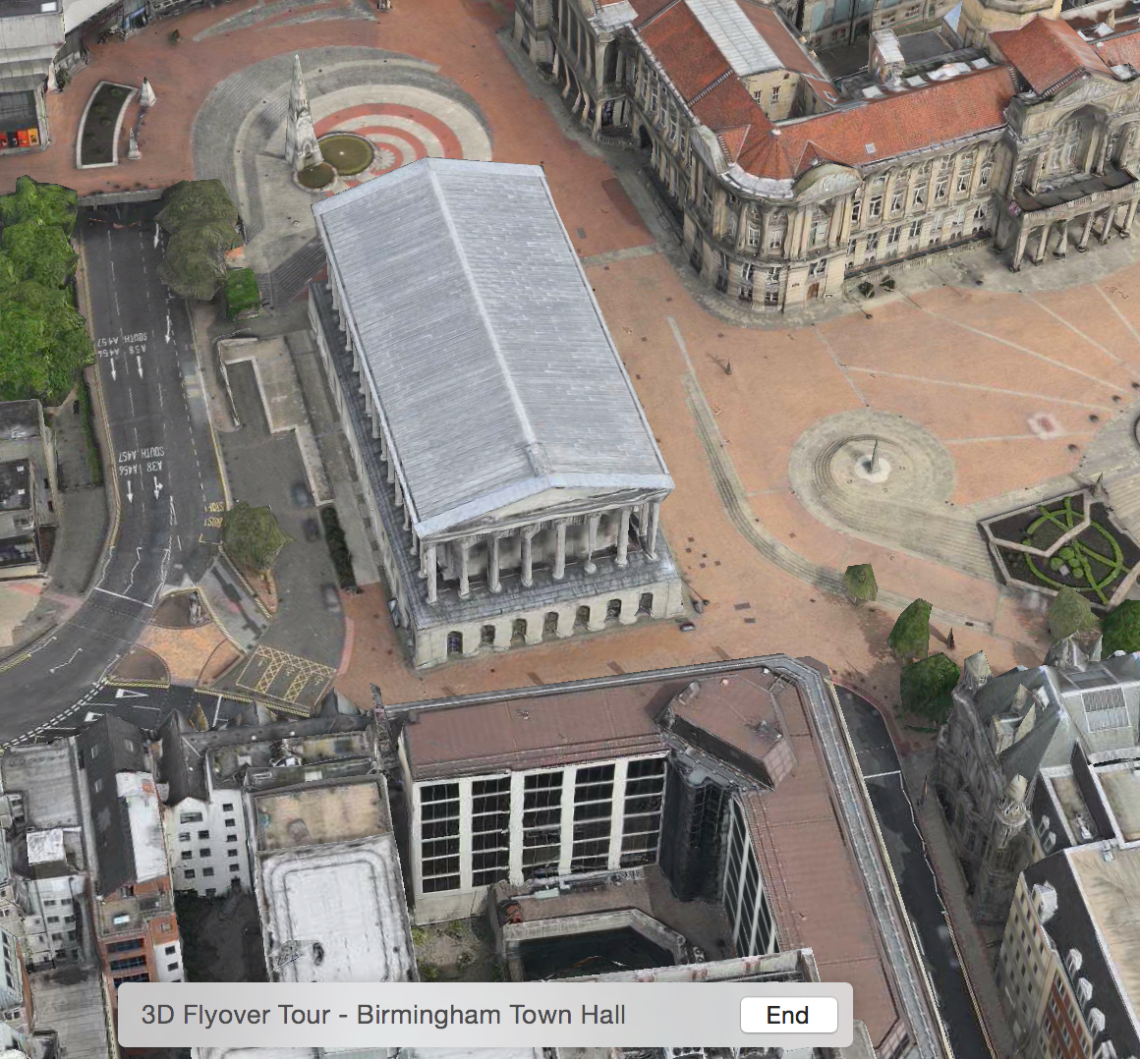Bek Melotte has pointed out on her blog that: “As prac teachers, we are essentially the substitute teacher for 3-weeks”. This very much reflects my time during practicum and as pre-service teachers are unlikely to have prior knowledge of the school context it is imperative to walk in with some resources that can be used in times of need. Darling (2008) has created an ’emergency checklist’ for substitute teachers that can be useful for the remainder of our placements.
I will now provide a reflection on my three weeks of practicum and detail the areas that I experienced success with embedding ICTs and other areas where there is room for improvement in the future.
Reflection on week one of practicum:
This week, I was challenged with embedding ICTs into my Senior Physical Education (Queensland Curriculum Assessment Authority, [QCAA], 2010c) classes. Across the term, the students had been working towards the completion of an assessment that required them to record primary data and evaluate their practical skill sets and physical ability to determine their suitability for Touch Football. Following this, the students were required to analyse this primary data, compare it to national averages and create a 3-week macrocycle training program that aimed to improve specific areas using the FITT and Fartlek training principles to improve performance. I thought that this would be a perfect opportunity to make use of the: (Nike Running Club) application to record primary data and effectively embed ICTs into the lesson, but this was much more challenging than expected. In preparation for this lesson, I emailed all the students across my two Senior Physical Education (QCAA, 2010c) classes to ensure that they downloaded this application prior to the lesson but it was not until the beginning of the lesson that some students advised me that the they were unable to download the application due to server issues associated with accessing Itunes. After I decided to push forward with the planned lesson and use the mobile devices that we did have available, I came to the realisation back in the classroom that most if not all students were left unable to access the primary data that we recorded using this application. The lesson of this is to always make sure you have fully tested the ICTs that you have planned to use for the learning experience to avoid leaving you having to repeat lessons to record primary data and a pretty frustrated mentor!
Reflection on week two of practicum:
I have already spoken about the benefits and challenges of creating a website for my Year 11 English (QCAA, 2010a) class in the blog post found here: Learning through reflection.
However, this has caused me quite a bit of drama in my last week of professional experience when I had students unable to access feedback given on drafts contained on the website and other students choosing to hand me paper copies of their assessment requesting feedback. The challenge lies with the QCAA expectation that all students receive feedback on their drafts (QCAA, 2015). Failure to do this almost always results in issues when the cohorts work is moderated, especially under the guide of the QCAA (QCAA, 2015). What I have learnt about using ICTs to expand and transform curriculum learning during my second week of practicum is that if you are going to implement a website for the class to use as a method of formative assessment to transform knowledge you must remain consistent and ensure that this is not a “option” that students may use.
Reflection on week three of practicum:
This week has proved really successful for the implementation of ICTs. In my Year 12 Health Education (QCAA, 2010b) class, I began the learning experience with students constructing their Health Education (QCAA, 2010b) Research Reports in Google Documents (https://docs.google.com/). Throughout the three weeks of professional experience, I was able to login to students accounts and provide immediate feedback that they could view even before coming to the next lesson. This system worked very well and allowed all students to complete their summative assessment one week early and therefore the cohort was able to get a head start on next terms content.
In my final week of placement, I had another very successful experience when teaching Year 11 English (QCCA, 2010a) where students were completing a unit on world travel. I showed them the ‘flyover tour’ application embedded in maps, which is accessible for those of us who use Macintosh computers or I-Pads. This learning activity really engaged the students and they were quite excited to begin exploring their own holiday destinations!
I have included a snapshot of this functionality for those of you who would like to embed this ICT experience in your own classrooms. I suspect that this would also be highly useful for any other Humanities or Geography teachers.

It is evident that with the increasingly growing scope of technology available in the twenty-first century, teachers will need to continue to find ways to not only stay up to date with the ever growing technological landscape but also develop ways to effectively integrate this within their subject areas. ICTs have the capacity to transform students learning and open up students minds to things that would not otherwise have been possible, therefore as teachers we need to use every available ICT resource to enhance curriculum areas.
References
Darling, J. (2008). Creating Easy ‘Emergency Plans’ for Substitutes. Retrieved June 12 2017 from: https://www.scholastic.com/teachers/articles/teaching-content/creating-easy-emergency-plans-substitutes/
Queensland Curriculum and Assessment Authoirty. (2010a). English – Senior Syllabus 2010. Retrieved 12 June 2017 from: https://www.qcaa.qld.edu.au/senior/subjects/english/english-2010
Queensland Curriculum and Assessment Authority. (2010b). Health Education – Senior Syllabus 2010. Retrieved 07 May 2017 from: https://www.qcaa.qld.edu.au/downloads/senior/snr_health_ed_10_syll.pdf
Queensland Curriculum and Assessment Authority. (2010c). Physical Education – Senior Syllabus 2010. Retrieved 12 May 2017 from: https://www.qcaa.qld.edu.au/downloads/senior/snr_physical_ed_10_syll.pdf
Queensland Curriculum Assessment Authority. (2015). Senior Moderation Hub. Retrieved June 12 2017 from: https://www.qcaa.qld.edu.au/senior/moderation-hub
